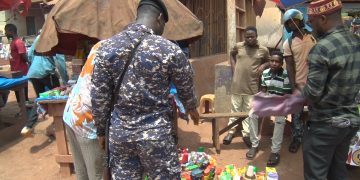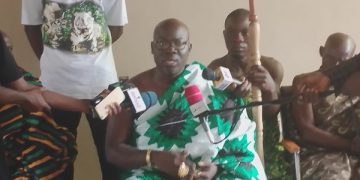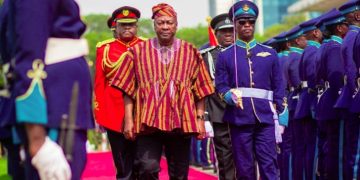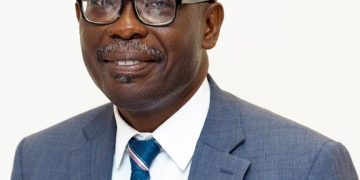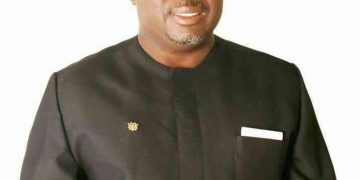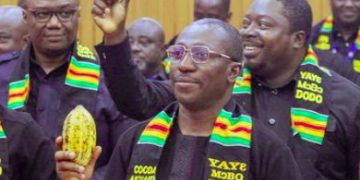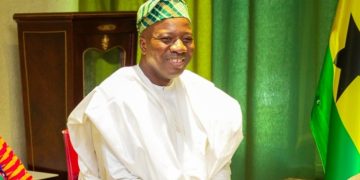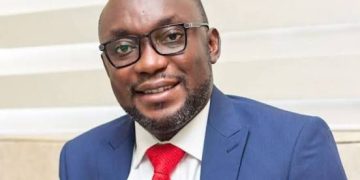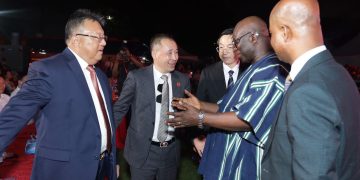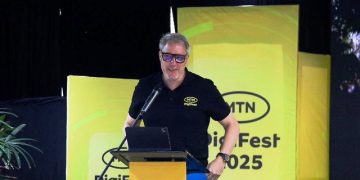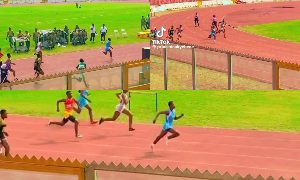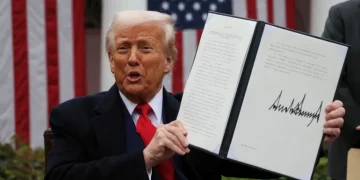Public Interest Advocate and Political Analyst, Mr. Philip Danso Appiagyei, has described as unfortunate the ongoing arguments by sections of the public particularly the Minority Caucus in Parliament that former Chief Justice Gertrude Esaaba Sackey Torkornoo should be reinstated as a Justice of the Supreme Court.
According to Mr. Appiagyei, her removal from office as Chief Justice effectively means she ceases to hold both positions—as Chief Justice and as a Justice of the Supreme Court.
Speaking on Kumasi-based Ultimate FM’s “Cup of Tea” show, Mr. Appiagyei noted that although the former Chief Justice has filed cases at the ECOWAS Court, the Supreme Court, the High Court, and the Court of Appeal, it is important to distinguish between judicial and political processes.
“While judges pursue their judicial duties, the Legislature and the Executive also perform their political responsibilities. A judicial process cannot be used to halt a political proceeding, so long as that political process operates within the confines of the law,” he emphasized.
Mr. Appiagyei also expressed concern over the Minority’s decision to boycott the vetting of Chief Justice nominee Justice Paul Baffoe-Bonnie, describing it as a step that undermines democratic maturity.
He explained that a true democracy rests on two solid pillars the majoritarian government and the constitutional government.
However, for democracy to thrive in Africa, he said, citizens must first be socialized to understand its basic principles.
“It is time we internalize the principles of democracy to strengthen judicial independence and restore public trust in the judiciary. It’s a gradual process that begins with civic understanding so that when a judgment is delivered, even the President knows it is his duty to enforce it, whether or not he agrees with it,” he added.
Concluding his remarks, Mr. Appiagyei stated that no law was breached by H.E the President John Dramani Mahama in the removal of Justice Torkornoo.
“The process was partially political, yes—but still within the confines of the law. Therefore, it cannot be said to be entirely political,” he said.
Story by: Emmanuel Anyam



